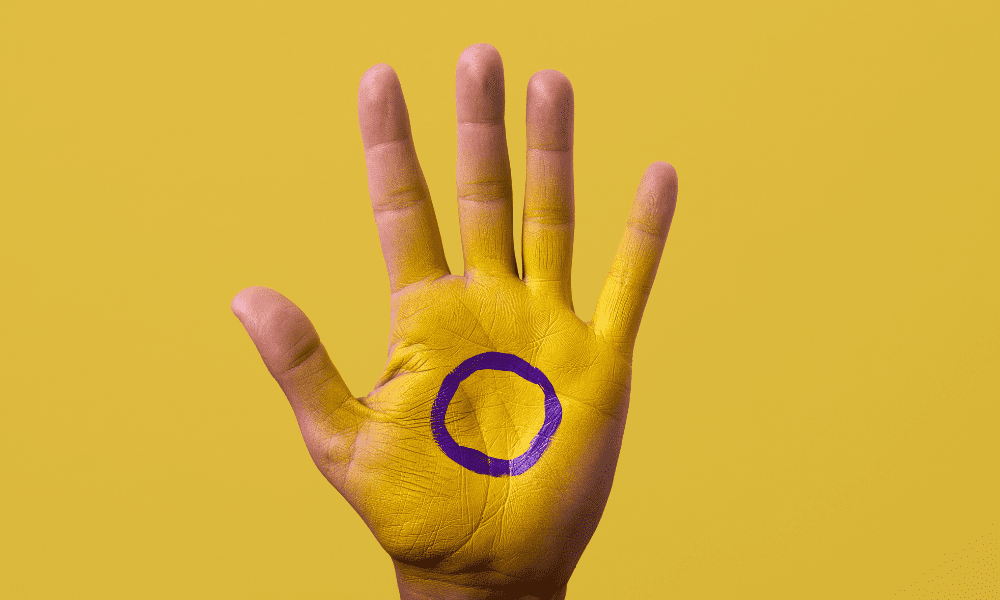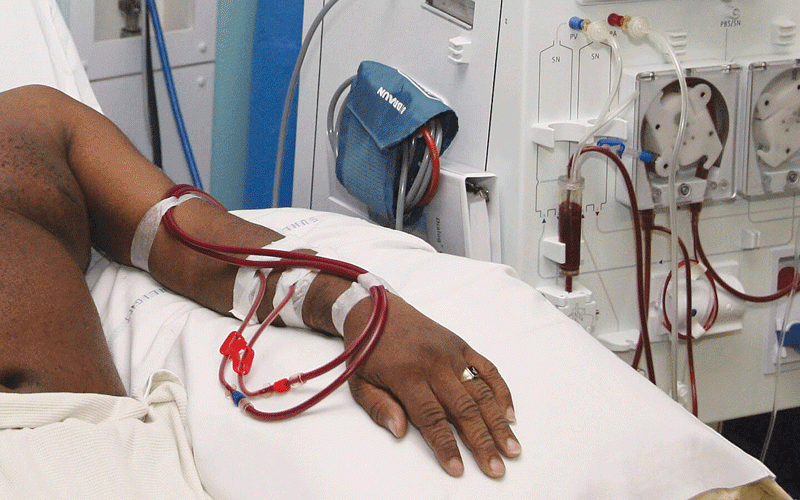
ZIMBABWE’S cholera fight received a major boost on Wednesday after Japan announced a US$774 000 grant to stop the disease from claiming more lives.
The grant will target the most vulnerable communities in Manicaland province, a leading cholera hotspot.
The country has been grappling with the cholera outbreak since February 2023, with more than 20 000 cholera cases and over 400 deaths to date.
Manicaland and Harare are the hardest hit provinces, and together account for 64% of all cholera cases.
In a statement, Unicef representative in Zimbabwe, Tajudeen Oyewale said: “We are extremely grateful to the government of Japan for this support.
“This support exemplifies the commitment of the government of Japan to the people of Zimbabwe to address the urgent needs of the affected communities and build resilience in the face of public health emergencies.”
Oyewale said the grant would provide a comprehensive range of life-saving support in areas such as access to safe water, provision of critical hygiene materials, healthcare and nutrition.
Japanese ambassador to Zimbabwe, Shinichi Yamanaka said: “I hope that our support will allow the most vulnerable people to recover quickly and rebuild their lives. I also hope it will help to prevent the further spread of this disease and future outbreaks.”
- Mavhunga puts DeMbare into Chibuku quarterfinals
- Bulls to charge into Zimbabwe gold stocks
- Ndiraya concerned as goals dry up
- Letters: How solar power is transforming African farms
Keep Reading
Since the start of the cholera outbreak, Unicef has been working with the Health and Child Care ministry and other partners to support affected communities by providing emergency health supplies and medical products to establish more than 50 cholera treatment centres.
On Monday, government started a mass oral cholera vaccination exercise targeting 2,3 million people in the most affected districts.
Cholera has become endemic in Zimbabwe, with recurrent outbreaks now commonplace.
Over 4 000 people died during the worst outbreak in 2008 and 2009 when nearly 100 000 people were affected by the waterborne disease.











